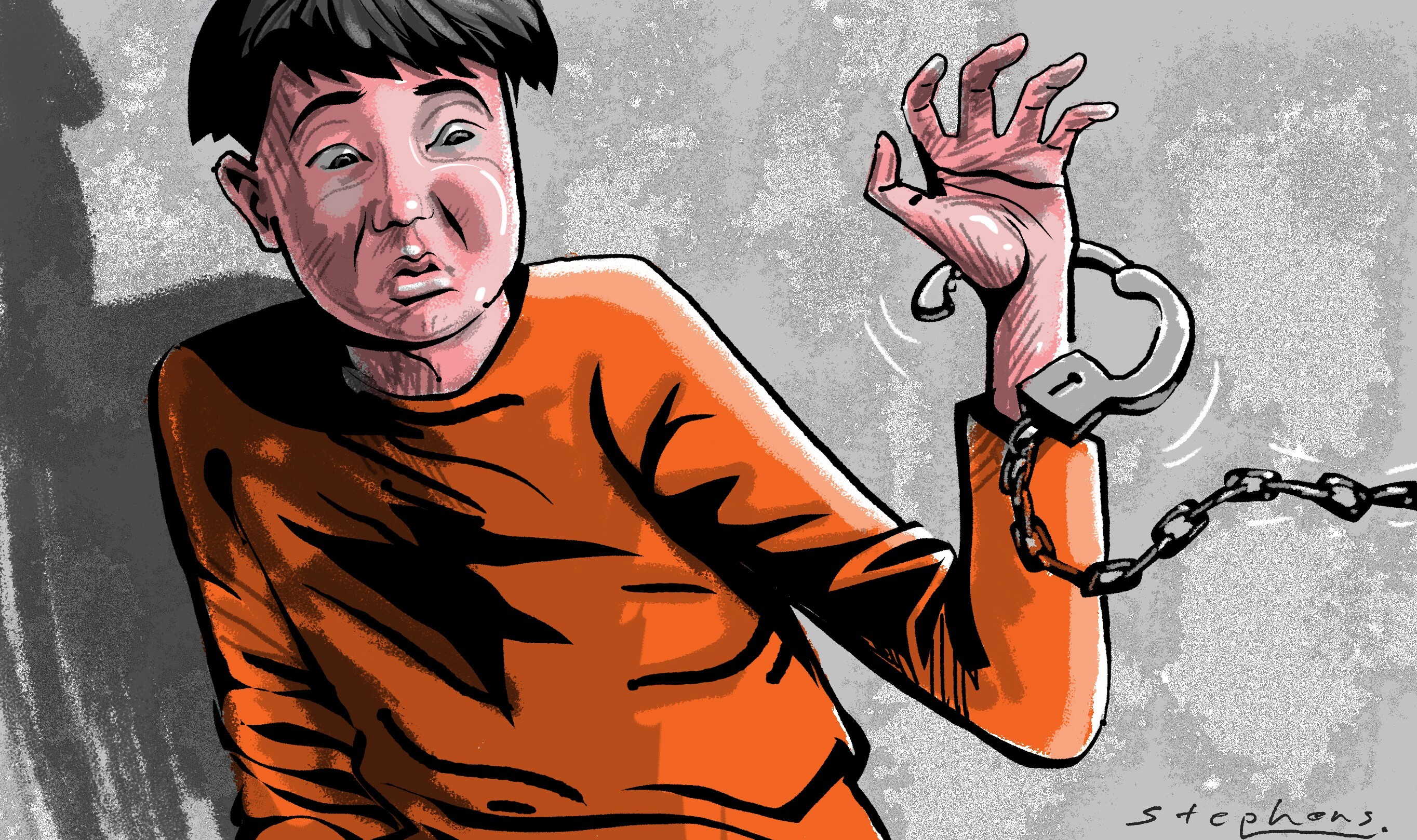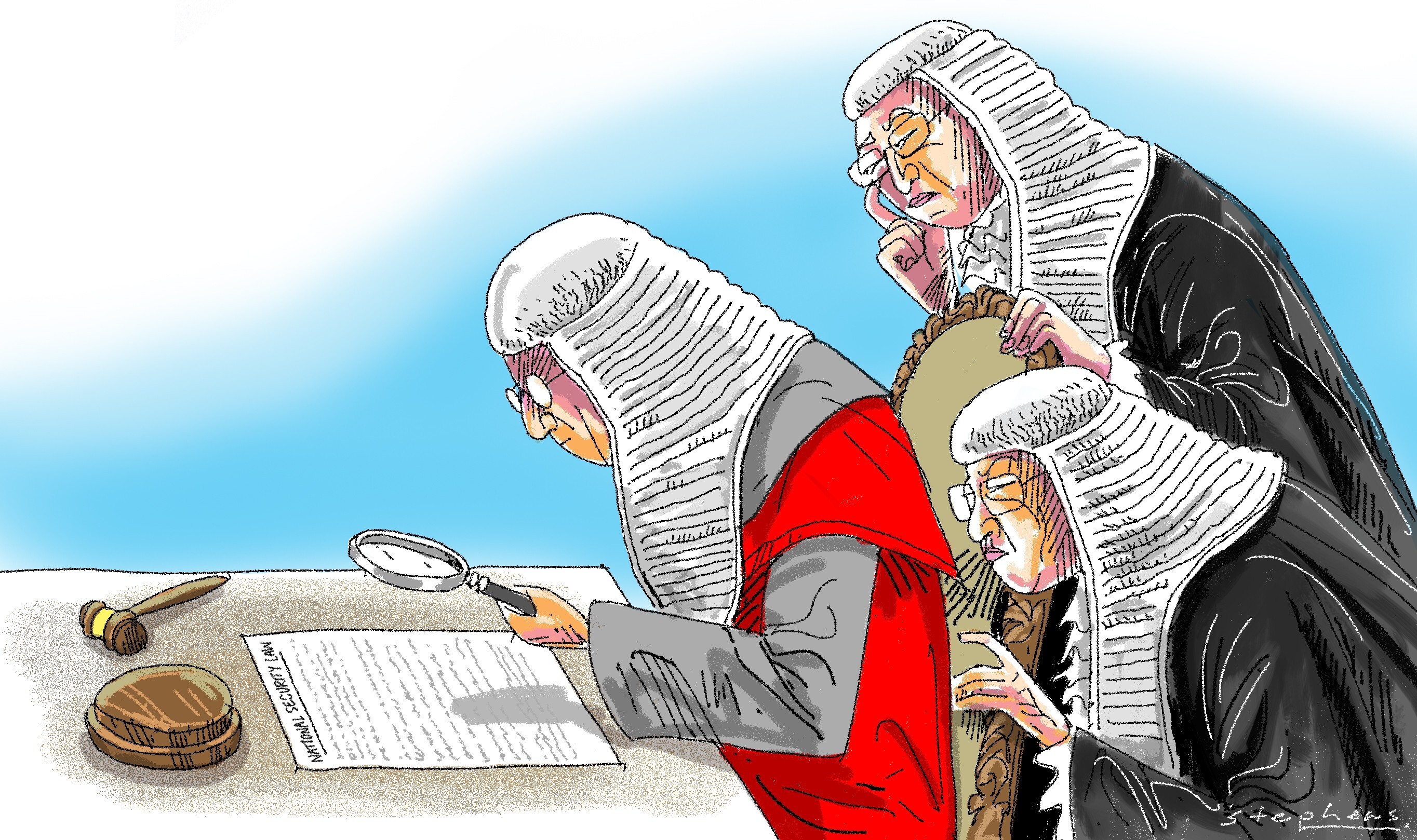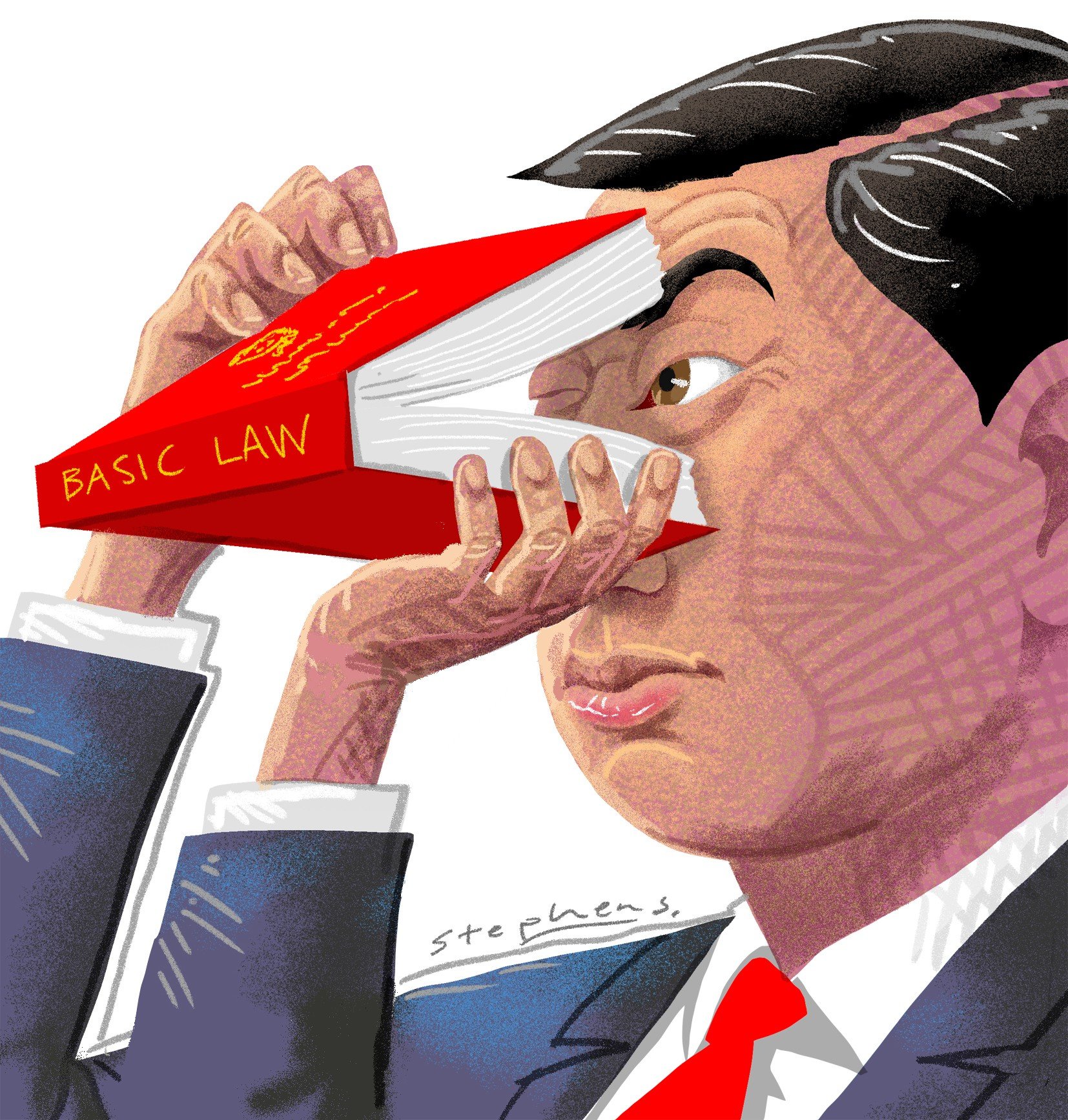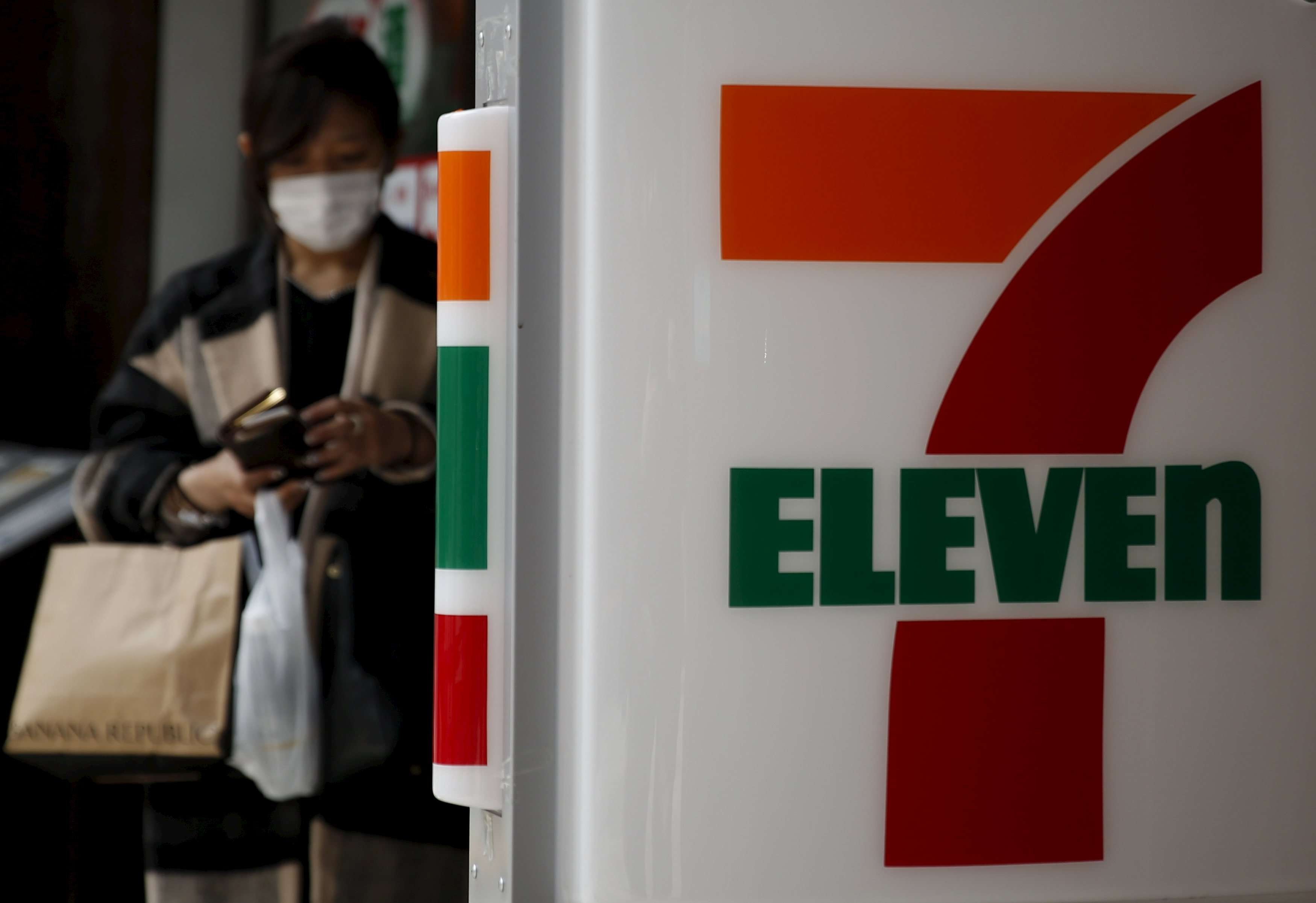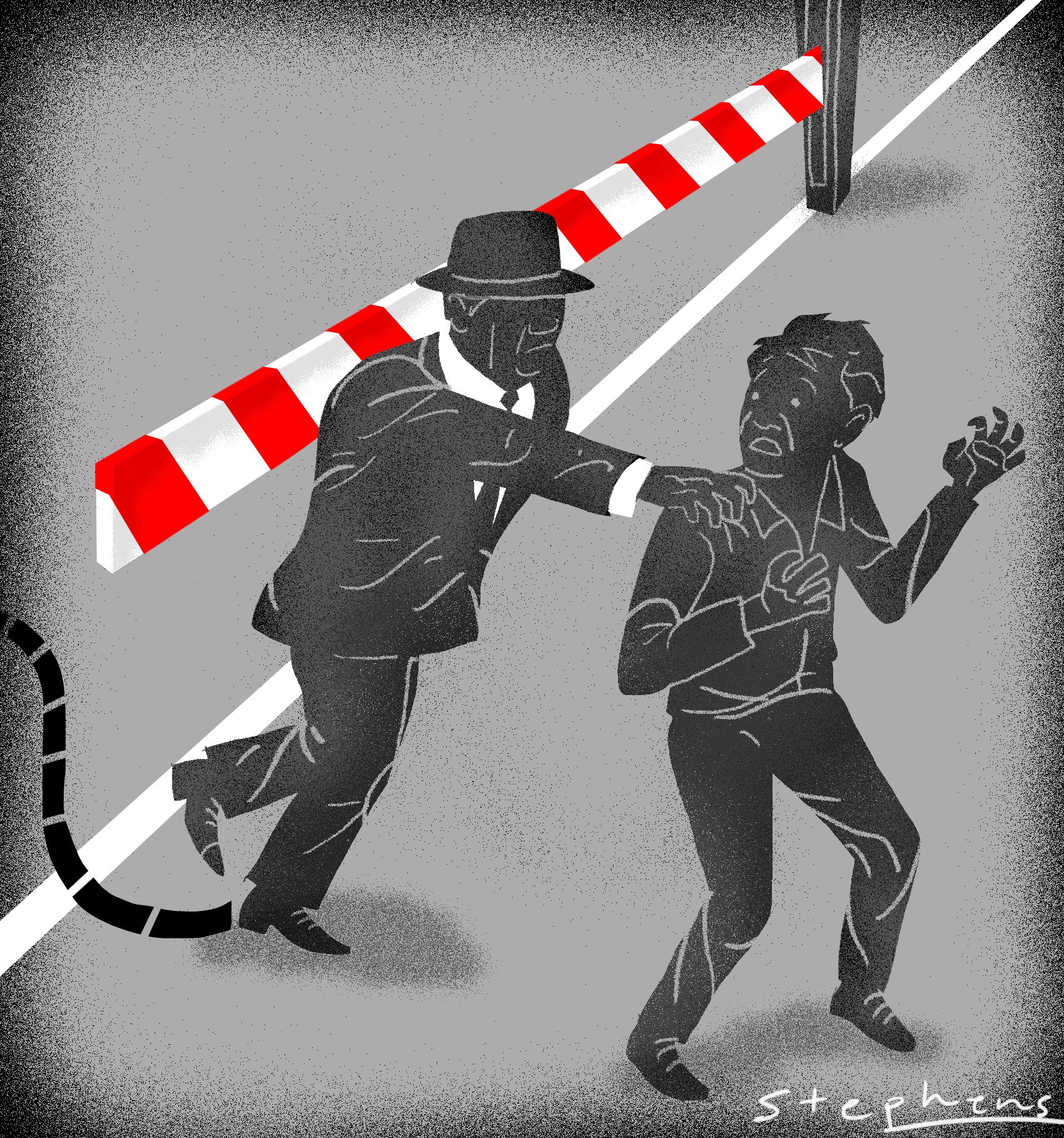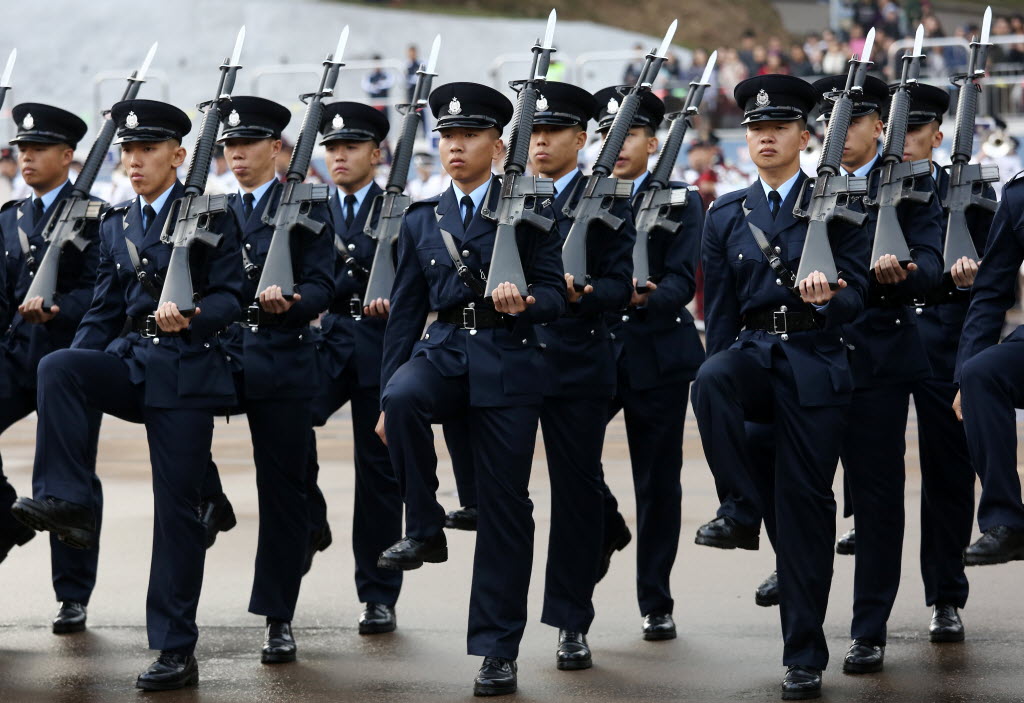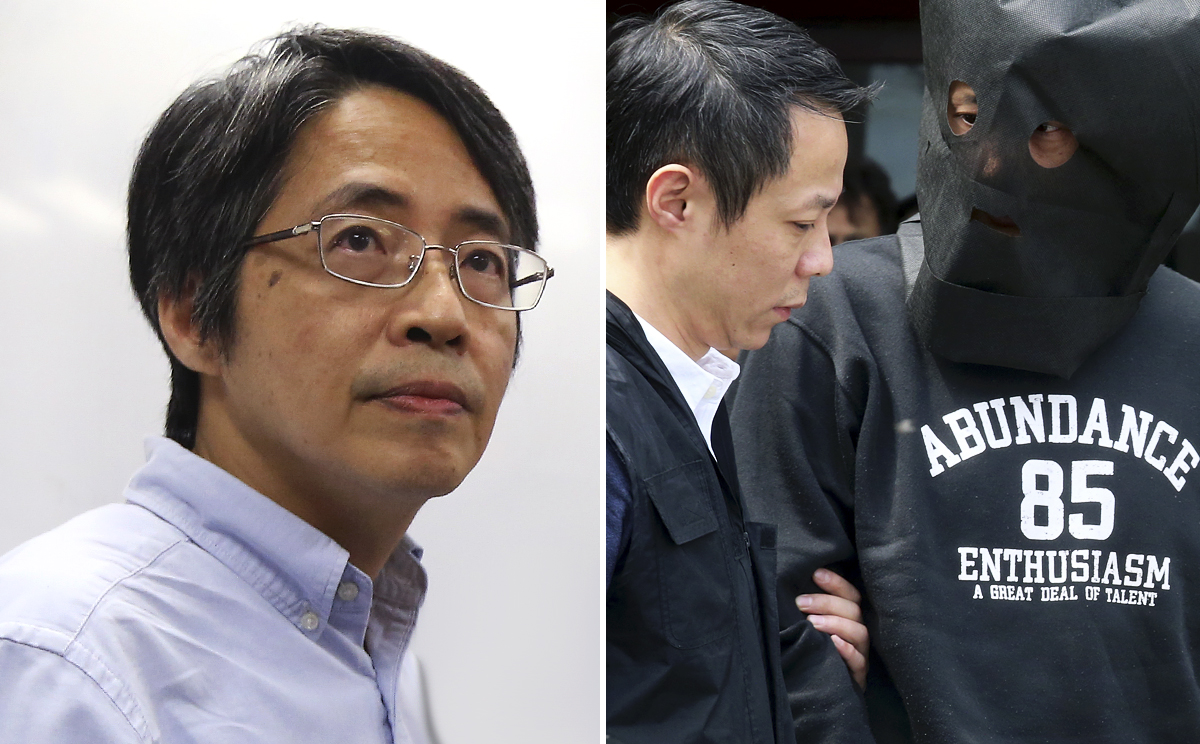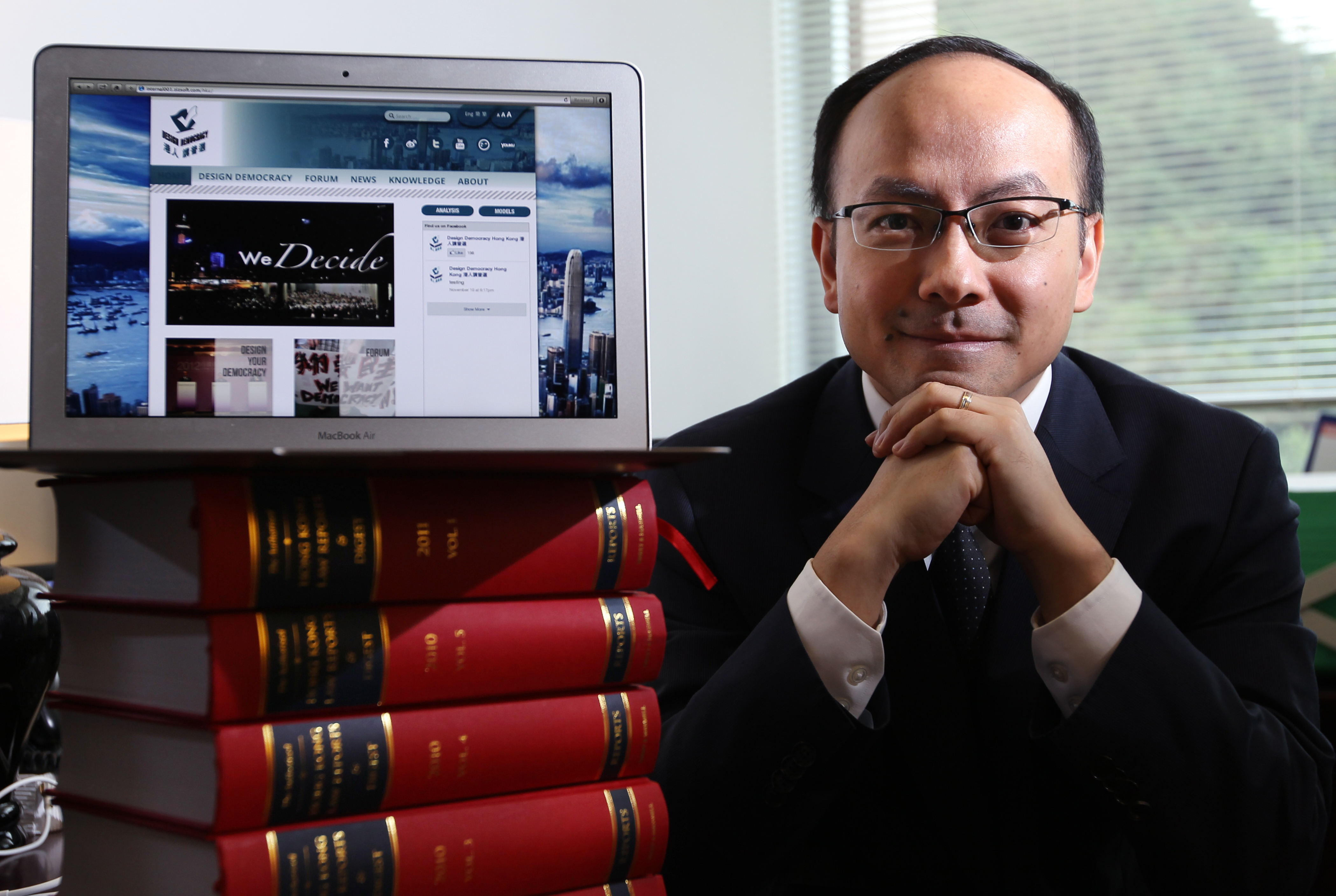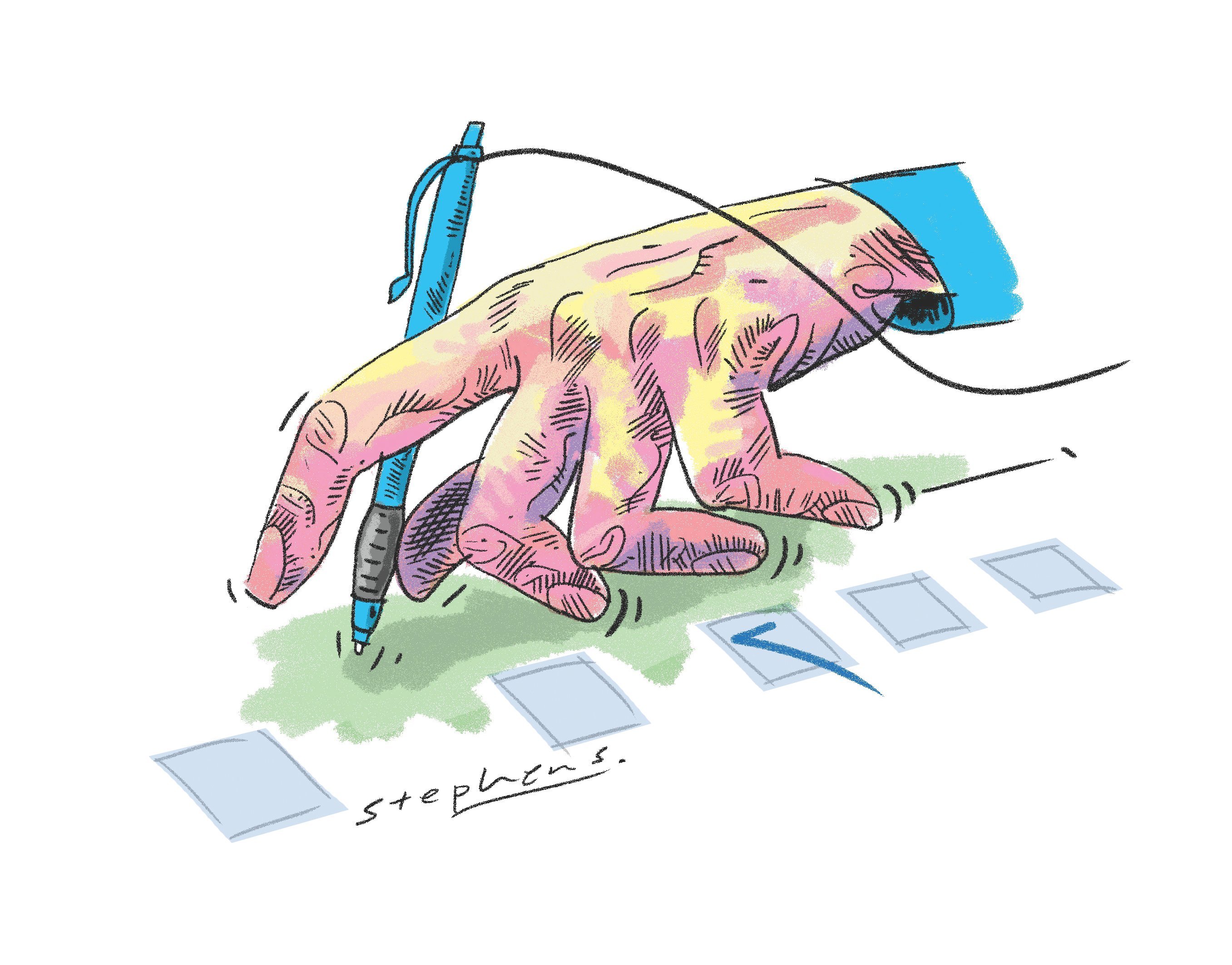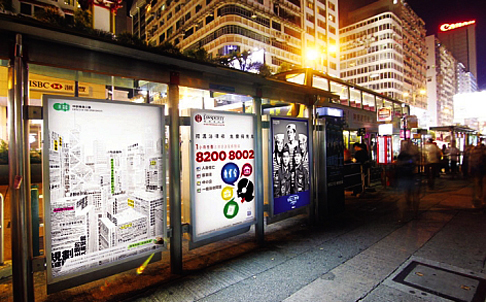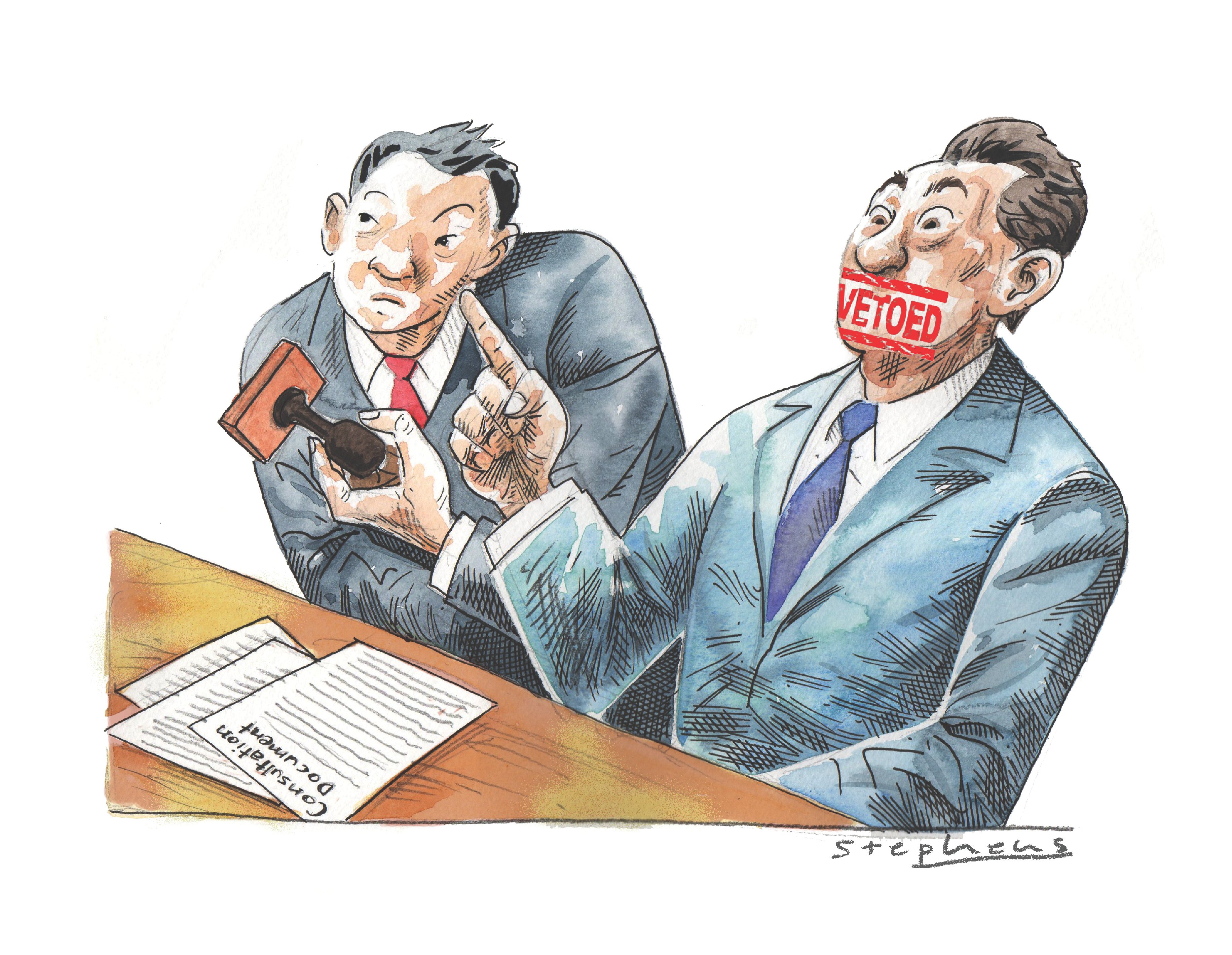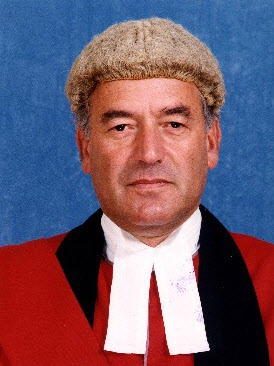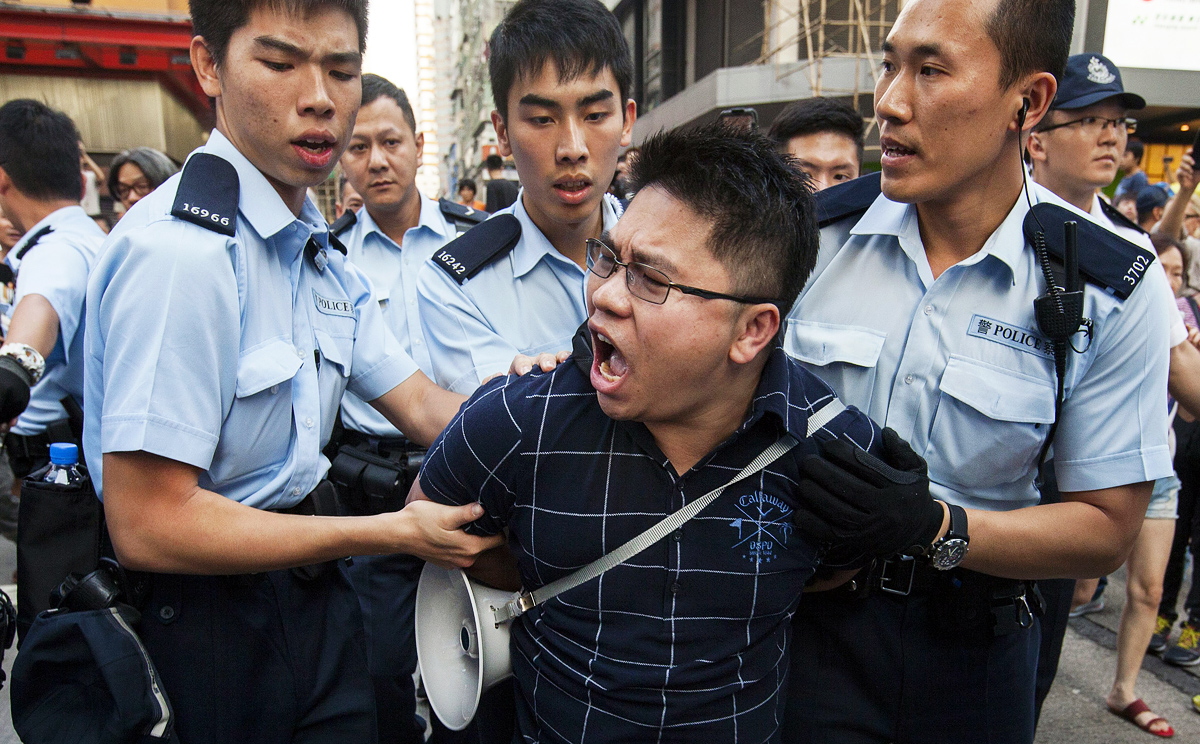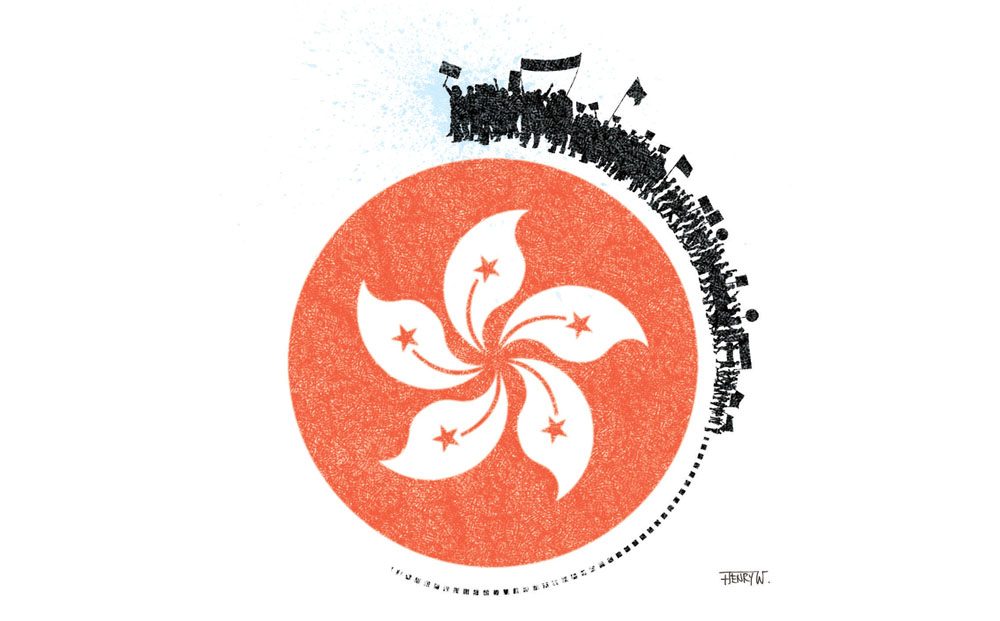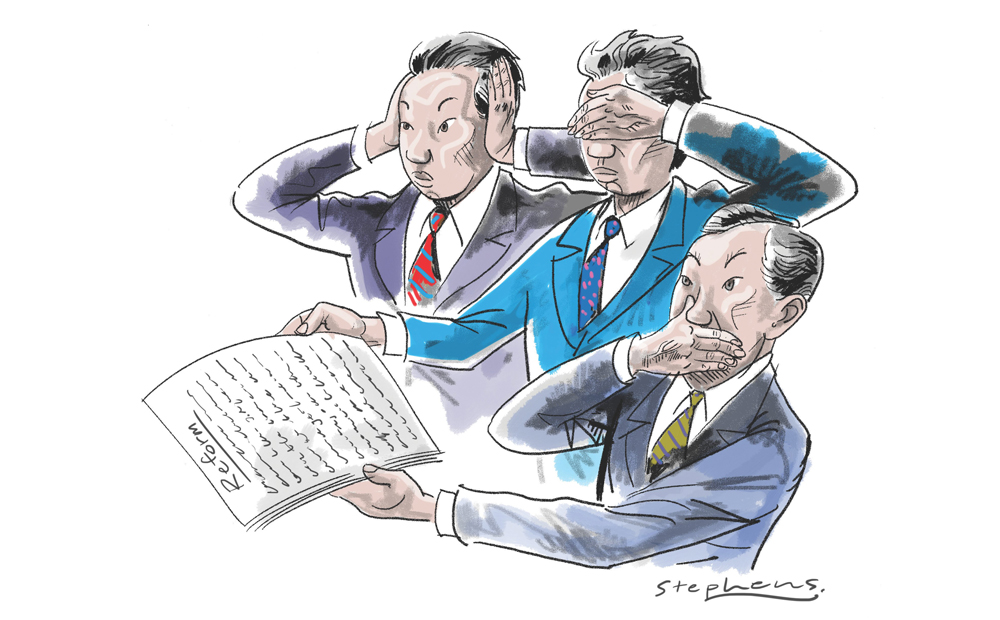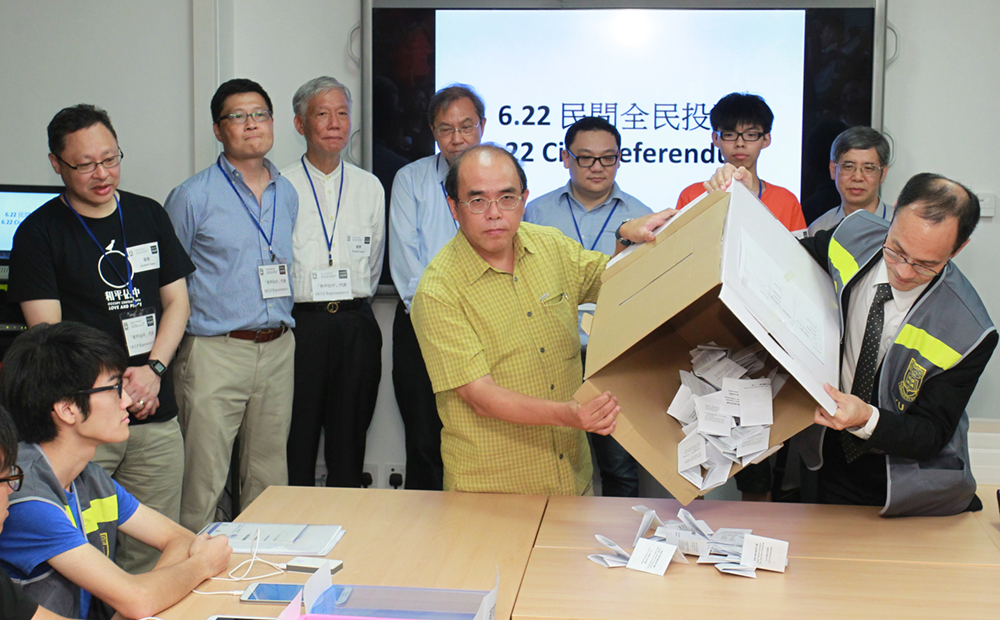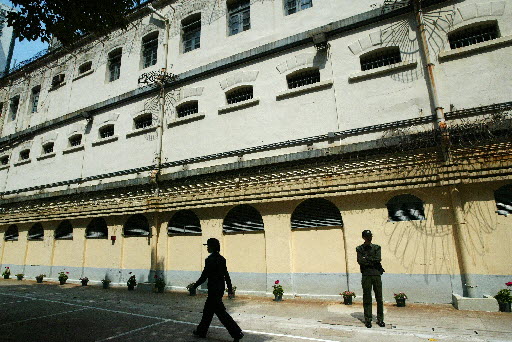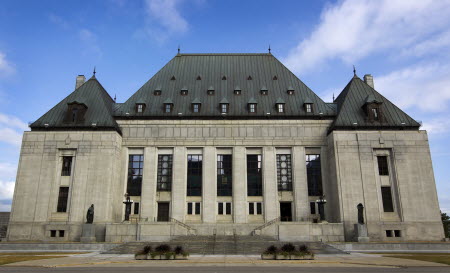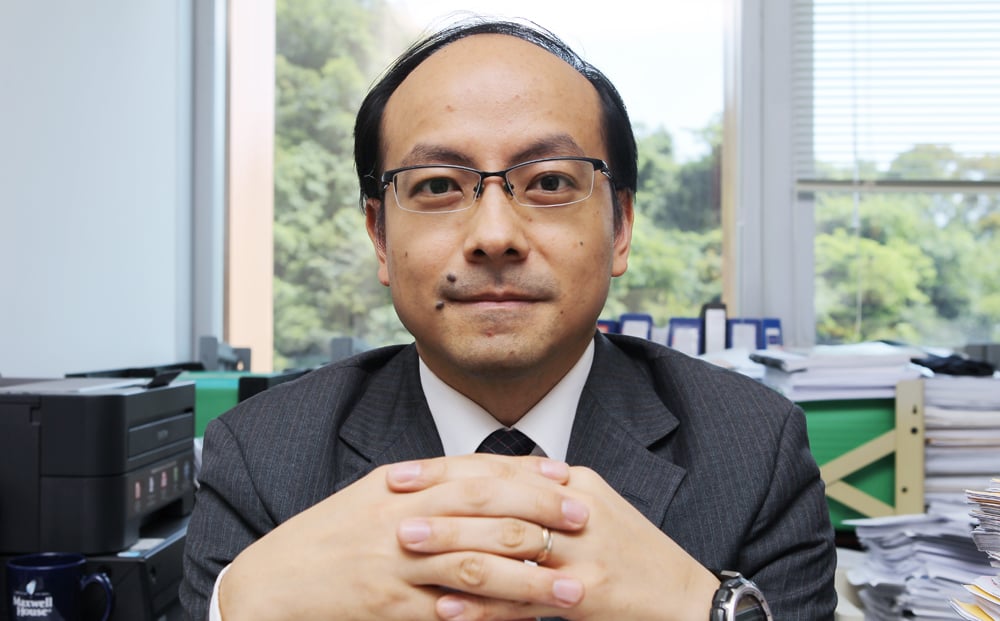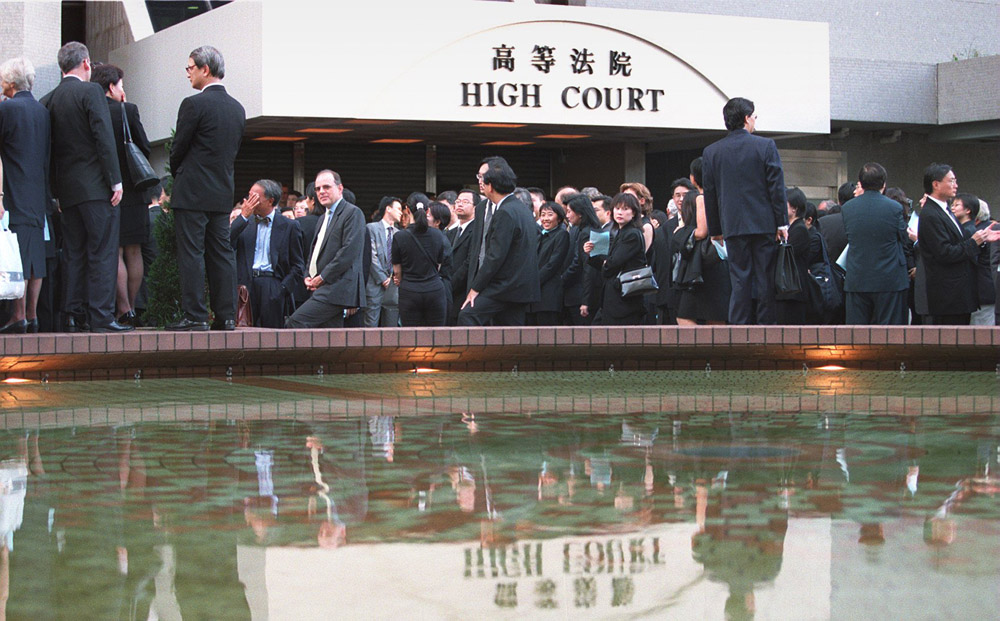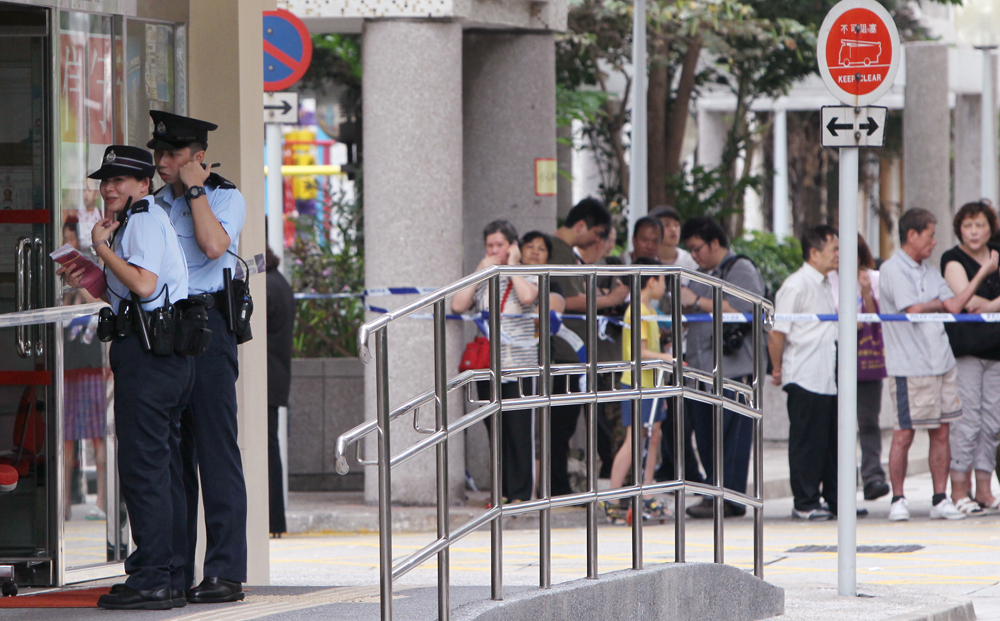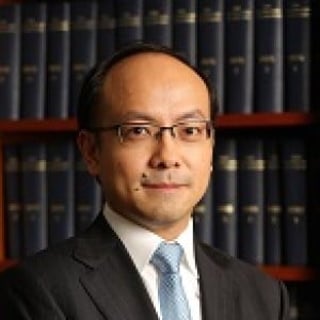
Greater discretion by police and prosecutors towards those arrested – whether they are under or over 18 – would be a significant step to rebuilding trust and harmony especially as the underlying causes of the unrest remain unaddressed.
It is neither practical nor necessary to obtain expert evidence or a NPC Standing Committee interpretation each time an ambiguity arises in a national security case. Respect for Hong Kong’s authority to discharge its duties under the new law requires the NPC exercise restraint in its power of interpretation.
Lee Bo’s case highlights grey areas in Hong Kong’s Basic Law on cross-border criminal investigations
Everyone in Hong Kong has a constitutional right to a "choice of lawyers for timely protection of their lawful rights and interests" (Basic Law, Article 35).
As we round out the year, I'd like to reflect on what in my view are the five most important criminal law decisions from our higher courts this year.
More than 320 people have been arrested over the Occupy Central protests. In theory, thousands may be liable to prosecution. How should the Department of Justice handle potential prosecutions?
For 37 years, the city has had a two-tier system to treat police complaints. One tier handles the complaint; the other has oversight of the handling of the complaint.
One cannot but be left feeling shocked, disappointed and cheated by the National People's Congress Standing Committee's decision on universal suffrage.
In preparing its two recent political reform reports, the Hong Kong administration's strategy was to avoid provocative statements and appear neutral and open. Notice no references to the State Council's recent white paper.
In a China Daily editorial published earlier this year, the Occupy Central campaign was labelled "a kind of terrorism". Is this characterisation correct under Hong Kong law?
By running the State Council's recent white paper through anti-plagiarism software, one finds a similarity index of appropriately 29 per cent. This means that close to a third of the text (albeit mostly in small chunks) can be found in sources already in the software's database.
Recent articles in this paper (February 17) have been critical of corruption in the mainland parole system.

